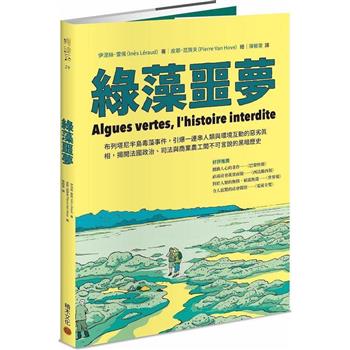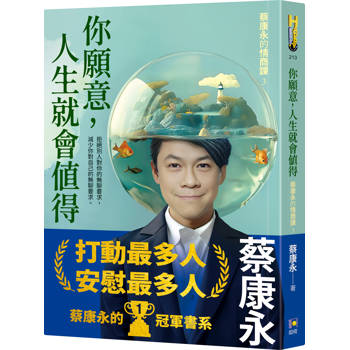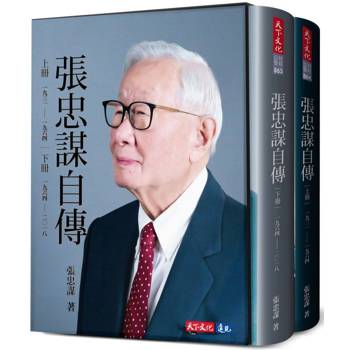Through the use of logic, simulation, and empirical data, Most and Starr develop and demonstrate a new and more appropriate conceptualization of explanation in international relations and foreign policy. They demonstrate that a concern with the logical underpinnings of research raises a series of theoretical, conceptual and epistemological issues that must be addressed if theory and research are to meet the challenges of cumulation in the study of international relations. The authors argue for understanding the critical, yet subtle, interplay of the elements within a research triad composed of theory, logic and method.
| FindBook |
有 1 項符合
Inquiry, Logic and International Politics的圖書 |
 |
Inquiry, Logic, and International Politics 作者:Most 出版社:University of South Carolina Press 出版日期:1989-05-31 語言:英文 規格:平裝 / 234頁 / 22.4 x 15 x 1.8 cm / 普通級 |
| 圖書館借閱 |
| 國家圖書館 | 全國圖書書目資訊網 | 國立公共資訊圖書館 | 電子書服務平台 | MetaCat 跨館整合查詢 |
| 臺北市立圖書館 | 新北市立圖書館 | 基隆市公共圖書館 | 桃園市立圖書館 | 新竹縣公共圖書館 |
| 苗栗縣立圖書館 | 臺中市立圖書館 | 彰化縣公共圖書館 | 南投縣文化局 | 雲林縣公共圖書館 |
| 嘉義縣圖書館 | 臺南市立圖書館 | 高雄市立圖書館 | 屏東縣公共圖書館 | 宜蘭縣公共圖書館 |
| 花蓮縣文化局 | 臺東縣文化處 |
|
|
圖書介紹 - 資料來源:博客來 評分:
圖書名稱:Inquiry, Logic and International Politics
|











